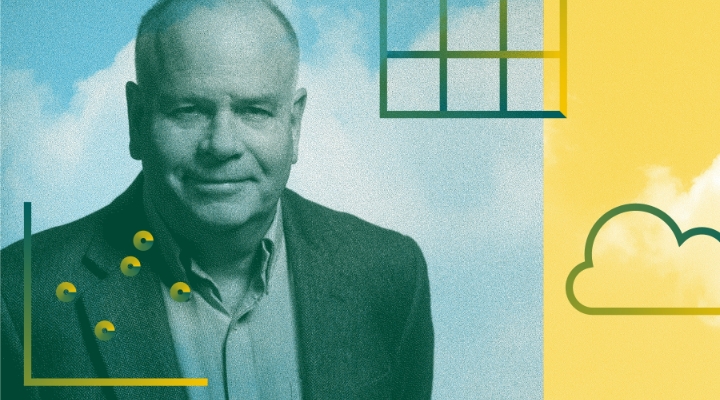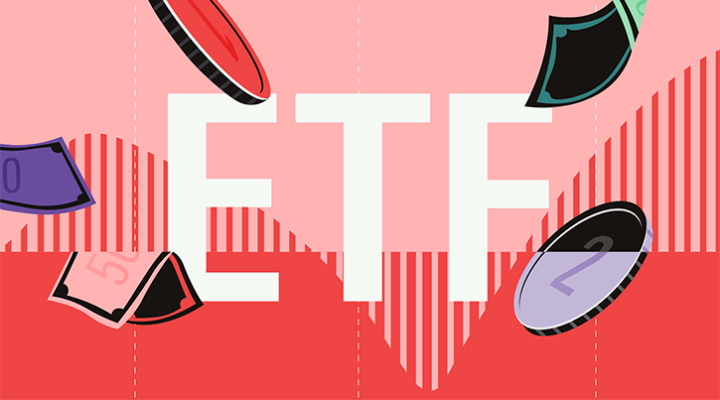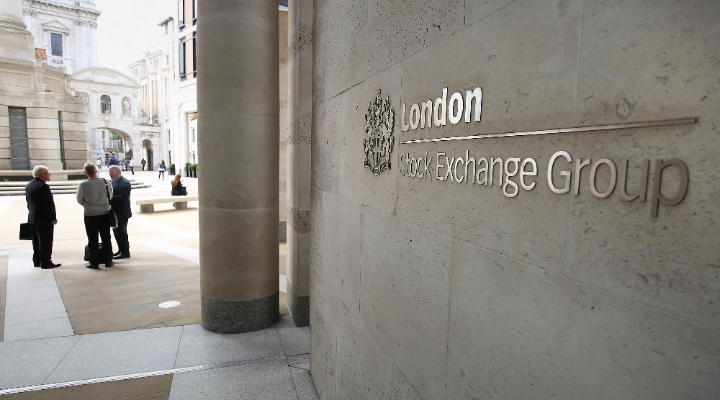
If you are not an extremely online person, you may have missed the recent Reddit post that kicked off another meme stock frenzy this week.
Even if you missed the latest hubbub, new technology has indeed brought investors more options for both what we invest in as well as how we invest in them. From flashy new investments like crypto to online trading apps that make investing faster and easier than ever, it can feel like the best time to be an investor.
Yet I stand before you an investing Luddite. Why? Because as much as I'd like to think of myself as someone with sophisticated investment abilities, I'm working with the same hardware as my ancient predecessors, and I cannot deny the truth: our brains are ill-equipped for such an exciting investing landscape.
To illustrate this, let's look at what I might face during a meme stock rally.
The Ups and Downs of Being a Meme Stock Investor
Within moments of picking up my phone, I open Reddit and discover others are clamouring to buy the stock du jour. I see stories of people who previously invested in the stock and hit it big, and I pull up the current stock price and watch its meteoric rise. Suddenly, I’m hooked, and after a few taps on my phone, I find myself the (not so) proud owner of a meme stock.
All too swiftly, I have made an investment decision I didn't really want to make, thanks to my cognitive biases – what we call mental shortcuts when they lead us astray.
For one, my interest was piqued by all the other people excited about it. This tendency to go with the crowd is called herding behavior.
For another, I saw a lot of good news about this stock (both through anecdotes and through share price history), so I projected that recent success onto my future thanks to the availability heuristic.
Finally, I fell prey to action bias, which tells me that I need to "do something" in moments of excitement or I might regret it.
Our brains work this way for a reason. It was beneficial to our ancestors to be able to make quick decisions on little information. But when it comes to investing, making quick decisions with little information can cause us to make mistakes – especially when we are increasingly able to invest a lot of money with little effort.
A Better Way to Invest
To that end, I like to think back to the stone age when I’m investing. Though I have no desire to eschew Wi-Fi or electricity, I can learn a lot about executing long-term plans from that time. So, after I've decided on a financial plan, I turn to the stone age to help me stick with it and reach my financial goals.
I don't read market news daily. Though knowledge is power, too much of it can distract me from my long-term plans. In the Stone Age, news took a long time to reach you, so only important information eventually got to you. Now, the important stuff is harder to suss out amid the stream of information we receive. By limiting the market media I consume, I'm doing the same thing: avoiding the noisy, daily ups and downs and staying focused on the big picture. This means that I may miss out on even knowing something like a meme stock rally is happening until it has long passed.
I remain sceptical of strangers' stories. It's all too easy for people to lie online, and it's even easier for us to forget that. We are more connected to strangers than ever before and can feel ties to people we've never even spoken to. But historically, it was uncommon to interact with strangers and even more unlikely to trust their word quickly. Therefore, I approach others' stories about investing success with scepticism. This helps give perspective; even if what they say is true, I won't necessarily repeat their success by investing like them, which helps me stay focused on my plan and not theirs.
I do things slowly. I love convenience as much as anyone, but sometimes a little friction is warranted. If I were trying to change my plans in the stone age, it wouldn’t be as simple as a few taps on my phone while lying on the couch. When something is more difficult or takes longer, we have time to reflect and consider what we really want to do. For me, this means I don't allow myself to make changes to my investments on my phone, so I at least have some buffer to consider whether I actually want to change my investments.
The cognitive biases we face when investing today have been with humans for millennia, so they won’t be going anywhere anytime soon. But by understanding how we can create our own tools to counteract them, we can still invest well and reach our financial goals.





























